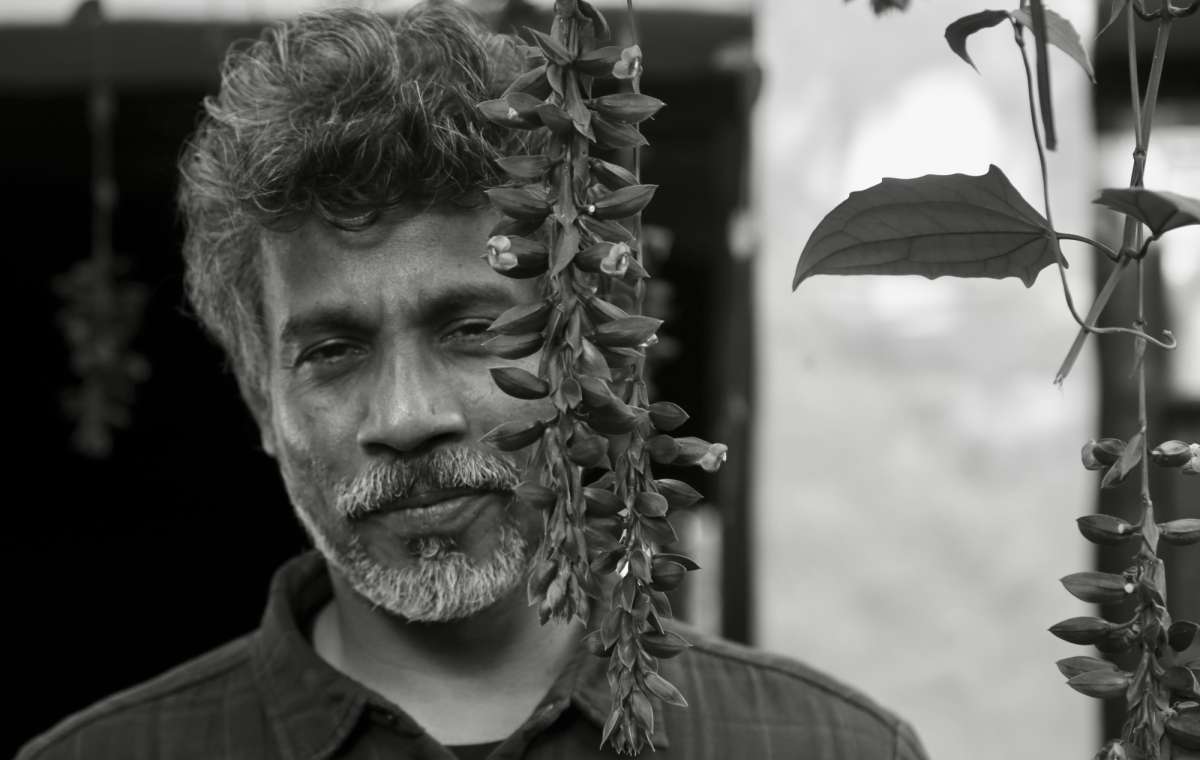“The audiences will get to witness works by some major theatre persons like Brett Bailey, Romeo Castellucci and Eugenio Barba. Indian directors, including Atul Kumar, Nikhil Mehta and Jyoti Dograwill also be presenting their works.”…writes Sukant Deepak
While sometimes writers do not allow directors to even touch their scripts, he says his work in fact starts from there. “I do not take it from the writer nor stick to a script because theatre is not literature. It’s far away from it. A story and a novel are solitary. And theatre is not. I would put theatre closer to a football match — people gather, they cheer,” smiles theatre director Deepan Sivaraman.
As part of the curatorial team of the International Theatre Festival of Kerala (ITFoK) to be held from February 5 to 14, 2023, he wants to look at struggles faced during the pandemic, a time when theatre-makers, in particular, were looking into an abyss.
“Unlike other forms of art, theatre cannot be done without people — you have to gather. This year we are using the opportunity to reassemble, hold hands, and tell the world that this is the time when art, humanity and artists must unite, precisely why the ITFoK theme is ‘Humanities Must Unite’, Sivaraman tells.
Co-curating the festival with veteran theatre persons like Anuradha Kapur and B. Ananthakrishnan, this faculty member at Ambedkar University’s School of Culture and Creative Expressions, says this year’s effort is trying to retrospect things they have done in the past 12 years.
“We want it to bring more confidence in theatre-makers and offer more to the audience and show them what theatre can do.”
The festival will witness 12 international plays and 14 national productions, including four from Kerala. The international productions include ‘Antigone’ (Uzbek/UK), ‘Kafka’ (France), ‘Don’t Believe Me If I talk About War’ (Israel/Palestine), ‘Samson’ (South Africa), ‘Hero Beauty’ (Taiwan), ‘Museum’ (Israel), ‘AveMaria’ (Denmark), ‘Tempest’ (France), ‘Told by Mother’ (Lebanon), ‘Seven Moons’ (Tashkent/Uzbek), ‘Three Episodes of Family Life’ (Poland) and ‘3rd Reich’ (Italy).
“The audiences will get to witness works by some major theatre persons like Brett Bailey, Romeo Castellucci and Eugenio Barba. Indian directors, including Atul Kumar, Nikhil Mehta and Jyoti Dograwill also be presenting their works.”
Best known for directing plays like ‘Ubu Roi’, ‘The Legends of Khasak’, ‘Project Nostalgia’, ‘Nationalism Project’, and several others, Sivaraman, who is considered the best scenographer in the country (‘Naked Voices’, ‘Virasat’, ‘The Girl in the Drain’ and ‘Siddhartha’ among others), feels it is extremely important to bring in other art forms to theatre.
“Theatre has always been a hybrid form. Although many directors over history do search for a purer form but the more you search, the more you see that it’s not pure. In India, we have a lot of text-based theatre — and it has become a form of dialogue. The more the artist is able to understand the complexity and the nature of form, there is the crossing of disciplines — and that is theatre.”
However, this founder of Oxygen Theatre Company in New Delhi and Master’s degree holder in Scenography from Central Saint Martin’s College of Art and Design London, says that the audiences do ‘accept’ that theatre is about the experience of time and space and not just about delivering dialogues.
Talk to him about working with conventionally trained actors, much used to working with a bound script and how they react when they enter his rehearsal space, and the director says he has worked with different kinds of actors — trained, village actors and the naturally trained.
“But I have to train them afresh. You cannot hire them like engineers. Sometimes what they know is not enough. And sometimes it is easier to work if they do not know anything. Learning and unlearning is an essential part of the process. And that is not just with just theatre. You may have a set of ideas, and unless you have a conversation to learn from each other, something new will never emerge, and the kind of work we do is about that.”
Though this director, who taught in London for a long time and then came back to put that into practice, wanted to set up an art collective here, he is not really sure when that will happen.
“I am someone whose practice is very different. I am an academic and a lot of my time goes into universities. I do my practice and curate and work with other artists. It’s about spreading energy.”
Mention the theatre ecosystem in India where the journey of major productions for festivals mostly end there and seldom go beyond, and he asserts, “There was a big vision for ‘The Tempest’. Such a huge production and all that could be managed were 10 shows. There is a serious problem unless you make work out of your own company,” says the director behind ‘The Legend of Khasak’, the unique theatre project that has no similarities in the recent Indian theatre history in the terms of its production of working with village actors and the way in which the entire village got part of it.

Leave a Reply